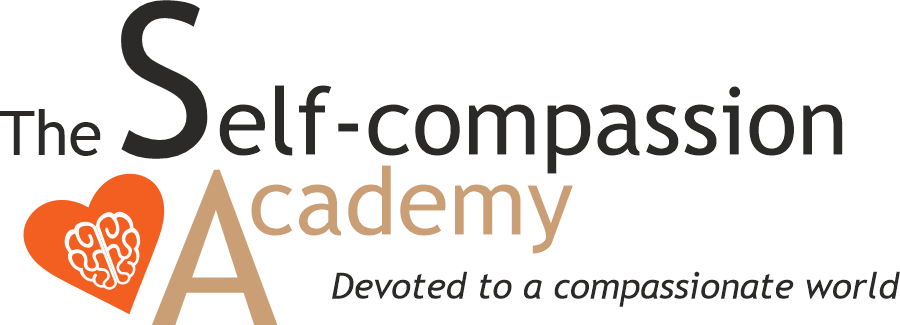Most people are kinder to others than to themselves. When a good friend makes a mistake, you respond with understanding, support, and comfort. However, when you make a mistake or do something foolish, you react differently. You tend to be judgmental, critical, and harsh. A world of difference. These exercises for self-compassion will help you be kinder to yourself.
Why Practice Self-Compassion Exercises?
Research shows that self-criticism does not help you avoid making mistakes. In fact, self-criticism is harmful—it increases stress. It triggers your body’s alarm system, raising your stress hormones, which can harm your health in the long term.
Research by Kristin Neff, a self-compassion expert and professor at the University of Texas, shows that people who are kind and compassionate toward themselves handle difficult situations better and are more aware of their feelings. As a result, they maintain better balance in challenging situations and experience less stress.
What Are the 3 Elements of Self-Compassion?
According to Neff, self-compassion means being kind and understanding toward yourself, rather than self-critical. It consists of three elements:
- Kindness: Being gentle with yourself
- Common Humanity: Recognizing that suffering and imperfection are part of being human
- Mindfulness: Observing your feelings without being overwhelmed by them
This helps you cope with difficult situations and emotions without judgment.
5 Exercises for More Self-Compassion
But how can you cultivate more self-compassion? These five self-compassion exercises will help you be kinder and gentler with yourself.
1. Recognize Your Inner Critic
Examine the words, images, or feelings your critical voice uses or triggers. Your critical voice is like a little devil you can hear but not see. It can feel very real and personal, but it’s just an (often learned) form of self-talk. Once you notice it, you can choose to respond differently.
Whenever you notice your inner dialogue isn’t kind, pause for a moment. Take a deep breath. Think about what you would say to a good friend and let that inspire you. See if you can be just as kind and caring toward yourself.
2. Acknowledge Your Thoughts and Feelings
When stressful situations or emotions arise, recognize that it’s a difficult moment. Tough moments are part of life. Don’t take it personally, and be mindful of self-criticism. Remind yourself that in these challenging times, you want to be kind and compassionate to yourself.
3. Take a Mindful Break
Give your brain regular short breaks. Drink a cup of coffee or tea, or have your lunch mindfully, taking time to enjoy it (not while handling a phone call or reading emails). Constantly running around increases your stress and makes you less aware of that inner devil.
4. Listen to Your Body
Especially when you’re busy, check in with yourself from time to time and notice how your body feels. See what it needs. Maybe you want to do some stretching, adopt a better posture, or take a few minutes to consciously relax your muscles. Be caring and kind to your body.
5. What Are You Grateful or Appreciative For?
At the end of the day, write down five things you’re grateful for. Practicing gratitude is a quick (and proven) way to feel happier. And don’t forget to be grateful for yourself! Reflect on the things you’ve done well. What are you proud of? Which qualities of yourself are you thankful for?
Before going to bed, reflect on your day. Let go of the struggles you faced. Speak kindly to yourself: “You did what you could, as well as you could. And even though not everything was perfect (which it never is), you did well.”
Credits image: Jeffrey Czum via Pexels







